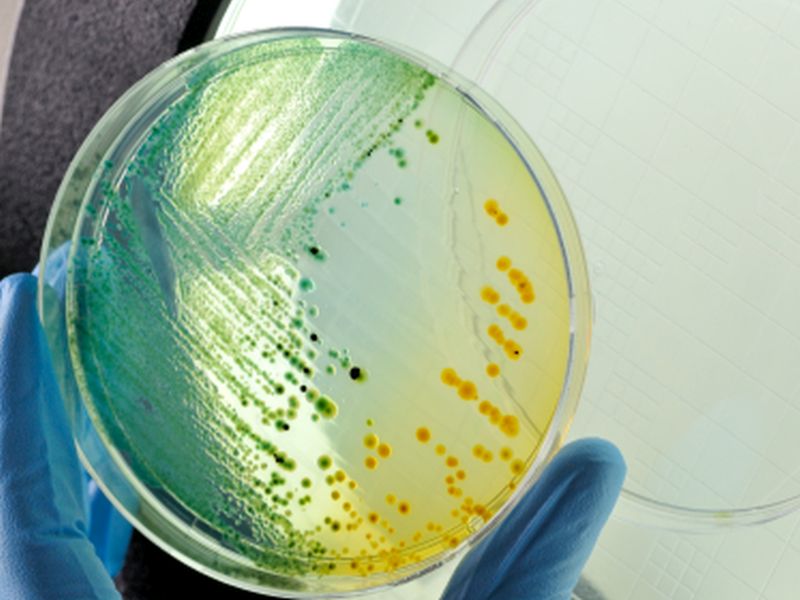
Thursday, October 26, 2017

THURSDAY, Oct. 26, 2017 (HealthDay News) -- After a severe traumatic injury, the composition of a patient's intestinal bacteria quickly changes -- a phenomenon that could affect the patient's prognosis, new research suggests.
The finding that the gut's so-called "microbiome" experiences a depletion in the presence of some bacteria and an increase in the presence of others came from a small investigation, involving 12 critically injured adults. The patients were aged 20 to 85.
Stool samples were collected from each person three times: when they were admitted to the hospital, and then 24 and 72 hours later. The samples were compared with those from 10 other patients who had not sustained traumatic injury.
Samples taken at the time of admission were similar in both groups. But within 24 hours, differences started to show, the investigators found. By 72 hours, three types of bacteria were depleted in the traumatic injury group, relative to the non-injury group, and the levels of two other types of bacteria had risen.
"The short time-course in which such alterations occur is also notable -- such relatively rapid alterations in intestinal microbiota represent a critical and previously unrecognized phenomenon that may influence clinical course and outcomes after severe trauma," the study authors wrote in the report.
The study was published online Oct. 23 in Trauma Surgery & Acute Care Open.
The study team, led by Dr. Benjamin Howard from the department of surgery at San Francisco General Hospital, said more research is needed to further explore the phenomenon.
But the researchers added that the findings so far point to the possibility that intestinal bacterial composition could in some way be critical to patient outcomes after a traumatic injury.
Theoretically, that could ultimately point the way toward interventions -- such as administering probiotic regimens -- that might help improve patient outcomes after injury, the authors suggested in a journal news release.
SOURCE: Trauma Surgery and Acute Care Open, news release, Oct. 23, 2017
HealthDay
Copyright (c) 2017 HealthDay. All rights reserved.
News stories are written and provided by HealthDay and do not reflect federal policy, the views of MedlinePlus, the National Library of Medicine, the National Institutes of Health, or the U.S. Department of Health and Human Services.
- More Health News on
- Wounds and Injuries




























.png)












No hay comentarios:
Publicar un comentario